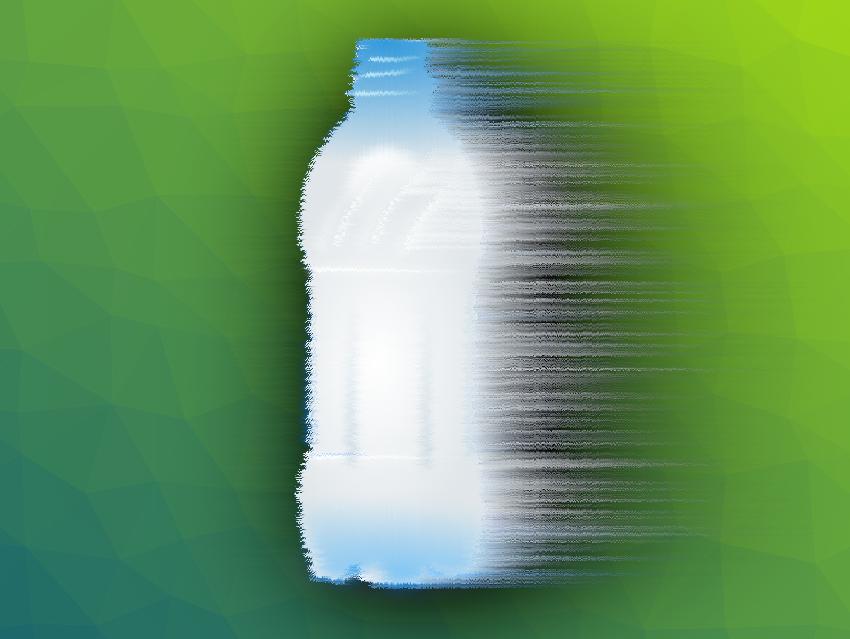Plastic waste is an important environmental problem. Depolymerization can be useful to recycle plastic waste chemically, giving monomers that can be reused for the production of materials. Some enzymes can be used to promote this type of reaction under mild conditions. For example, cutinases can catalyze the hydrolysis of polyethylene terephthalate (PET). However, for use on a large scale, the enzymes need to be stable at increased temperatures and allow for fast reactions. Their optimization is, thus, an interesting research target.
Jeffrey D. Martell, University of Wisconsin─Madison and University of Wisconsin School of Medicine and Public Health, Madison, USA, and colleagues have developed a method for the high-throughput testing of enzyme variants for PET depolymerization, which was used for the directed evolution of the PET-depolymerizing enzyme leaf and branch compost cutinase (LCC). The team coated the surface of yeast cells with a probe that mimics PET and also used the yeast cells to display different enzyme variants.
The team then introduced a fluorescent label that binds to the PET-mimicking probe on the yeast cells. On cells with active enzyme variants, the probe is cleaved, which leads to a change in fluorescence. Fluorescence-activated cell sorting (FACS), a flow cytometry method that uses fluorescent markers, can then be used to isolate cells with high activity, and the promising enzyme variants can be identified by DNA sequencing and further optimized.
Using this approach, the team can screen a library of over 107 yeast cells created in a single test tube, with each individual yeast cell displaying a distinct enzyme variant. Existing screening methods using multiwell plates provide a lower throughput by a factor of 1,000. With their new platform, the team identified mutations that improve the activity of LCC for PET depolymerization.
- Ultrahigh-Throughput Directed Evolution of Polymer-Degrading Enzymes Using Yeast Display,
Mario A. Cribari, Maxwell J. Unger, Ilona C. Unarta, Ashley N. Ogorek, Xuhui Huang, Jeffrey D. Martell,
J. Am. Chem. Soc. 2023.
https://doi.org/10.1021/jacs.3c08291



